Did You Know...
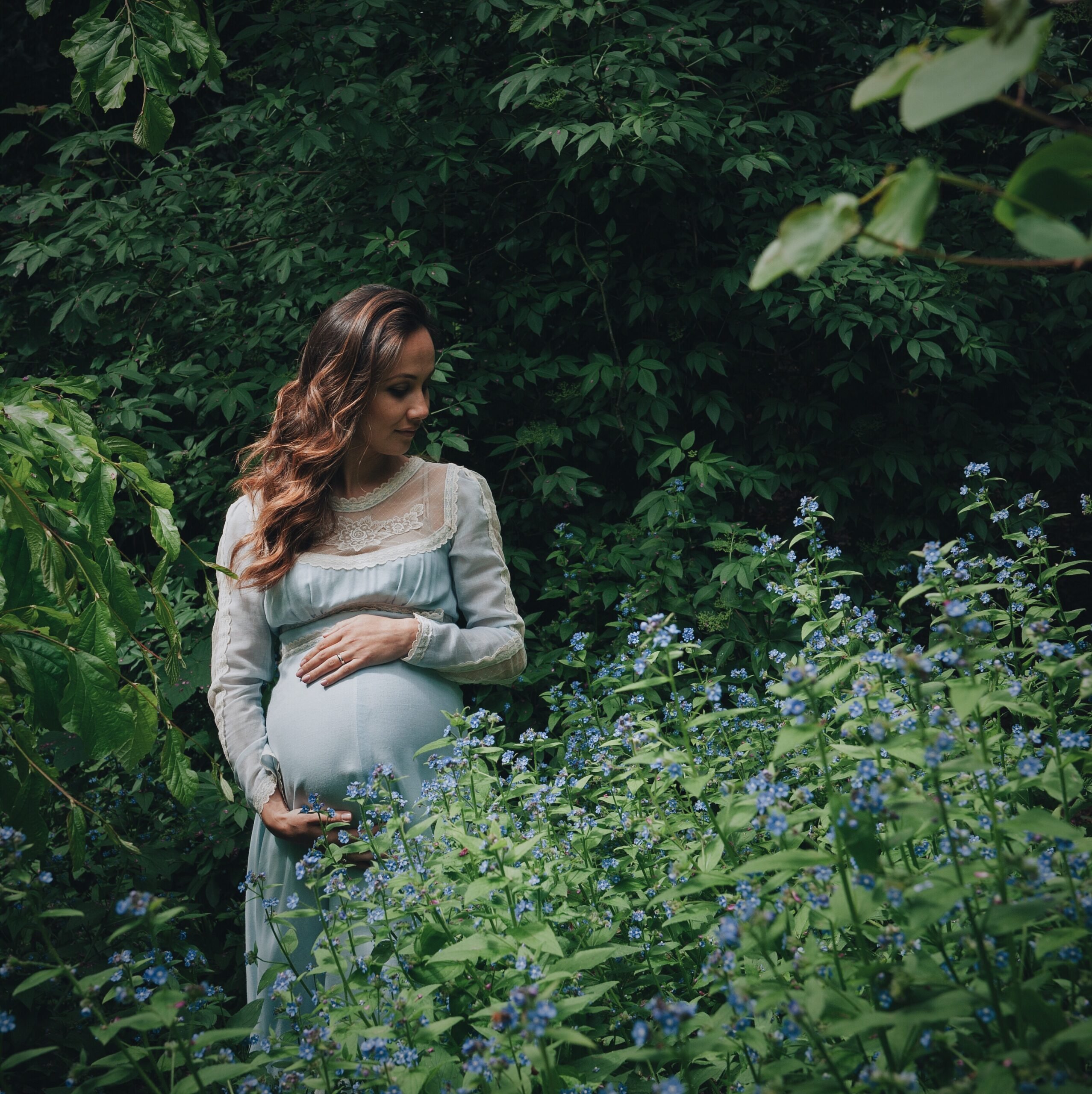
Your first pregnancy is an experience unlike any other. You've never done this before so you might not know exactly what to expect. "I remember early in my second pregnancy, feeling so reassured, having done it all before," says Rallie McAllister, family physician in Lexington, Ky., and co-author of "The Mommy MD Guide to Pregnancy and Birth." But even experienced moms can be surprised "since even perfectly normal pregnancies vary so much in symptoms," McAllister acknowledges. While it's true each pregnancy is unique, certain similarities often occur.
Image via Stockbyte/Stockbyte/Getty Images
Of Milk and Mammary Glands

One of the very first pregnancy symptoms a woman experiences is sore breasts. Changes in the levels of the hormones estrogen and progesterone are the reason, says Los Angeles-based Dr. Jenny Jaque, of Health Goes Female. During the early stages of pregnancy, your breasts might release colostrum, or "pre-milk," a sign your body is preparing for breastfeeding. Your nipples may protrude more and your areolae — the dark area around your nipples — can get darker and actually increase in size, Jaque adds.
Image via Stockbyte/Stockbyte/Getty Images
Morning, Noon and Nighttime Sickness

More than half of all pregnant women experience morning sickness. But don't let the name fool you — nausea can strike at any time, says Jennifer Bright Reich, of Hellertown, Pa., co-author of "The Mommy MD Guide to Pregnancy and Birth." All-day sickness is normal. "It's caused by the increase in estrogen, progesterone and hCG hormones, which support your pregnancy," McAllister explains. Nausea and vomiting usually occur between the sixth and 12th week of pregnancy but can begin as early as week four and linger after week 12.
Image via Stockbyte/Stockbyte/Getty Images
Wake Up and Smell the Coffee (Brewing at Your Neighbor's House)

"You could develop a 'super sniffer,'" says McAllister. During pregnancy, your sense of smell tends to grow more acute, as well as more sensitive, because of the extra estrogen circulating in your body, she explains. But this particular superpower might not be as welcome as you'd imagine. McAllister warns that even smells you normally like might make you feel nauseated when you're pregnant.
Image via Stockbyte/Stockbyte/Getty Images
The Plight of Your Pearly Whites

Take extra good care of your teeth while you're pregnant, advises New York-based Shiri Sarfati, parenting and beauty writer. The increase in hormones can lead to plaque buildup, so see your dentist early and let him know you're pregnant, she says. Maintain good brushing and flossing habits and avoid sugary or starchy foods. The vomiting of morning sickness can also take a toll on your dental health. "Keeping your teeth healthy is not only a cosmetic concern," Sarfati says, "it's also beneficial to your growing baby's health."
Image via Stockbyte/Stockbyte/Getty Images
The Mask of Pregnancy

You might develop a change in facial skin pigmentation, often referred to as a pregnancy mask. "Almost three out of four pregnant women get these dark blotchy areas of skin on the upper lip, cheekbones and brow," McAllister says. "I had never heard of 'pregnancy mask,' so I had no idea what it was or how long it would last." Fortunately, she says, it was easily disguised with makeup and faded away a few months after her delivery.
Image via Stockbyte/Stockbyte/Getty Images
Problems With Progesterone
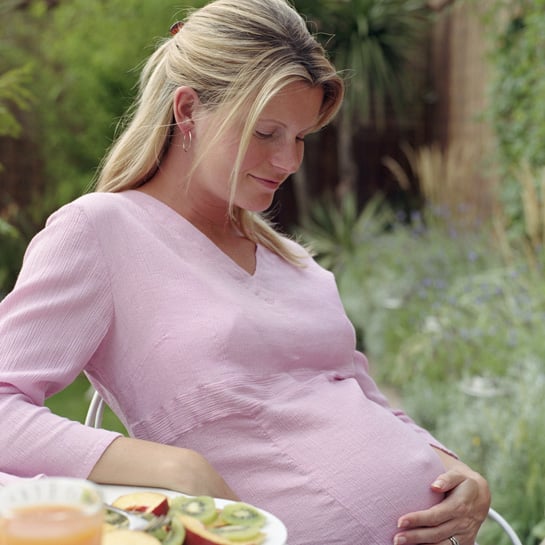
Be prepared for the possibility of heartburn, as well as constipation, Jaque advises. "An increase in the levels of the hormone progesterone helps your uterus to relax, preventing contractions before labor," she says. The downside, however, is that all your muscles relax —including those in your throat — so stomach acid can "end up in your esophagus, causing heartburn," Jaque says. The progesterone also slows the movements of your intestines, which can lead to constipation. Incorporate plenty of fiber into your daily diet to help prevent this particular problem.
Image via Stockbyte/Stockbyte/Getty Images
Water Under the Bridge
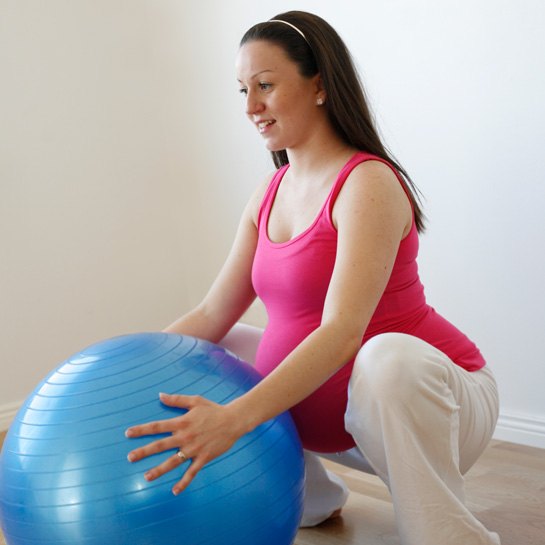
"Incontinence, aka peeing on yourself — yes, this is likely to happen," Sarfati says. And if it's not your first pregnancy, it's almost a certainty — "usually when you cough, sneeze or laugh really hard." Pregnant women can take a couple of measures to minimize the concern though. Invest in some protective undergarments or pads and do regular Kegel exercises and squats to help strengthen the pelvic floor muscles, Sarfati recommends.
Image via Stockbyte/Stockbyte/Getty Images
Let's Not Beat Around the Bush
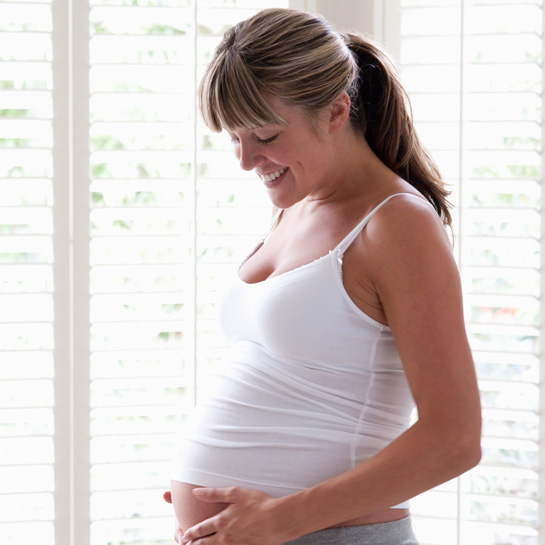
Personal grooming may be a challenge, Sarfati says. At some point your belly will grow so large that you'll barely be able to see your feet — "let alone trying to see what's happening to your bikini line." Trimming or shaving on your own becomes nearly impossible. Even going to a professional isn't as simple as it once was, Sarfati says. "You're more sensitive down there due to the increased blood flow, and it's not so easy to lie on your back with your legs up."
Image via Stockbyte/Stockbyte/Getty Images
What Modesty?
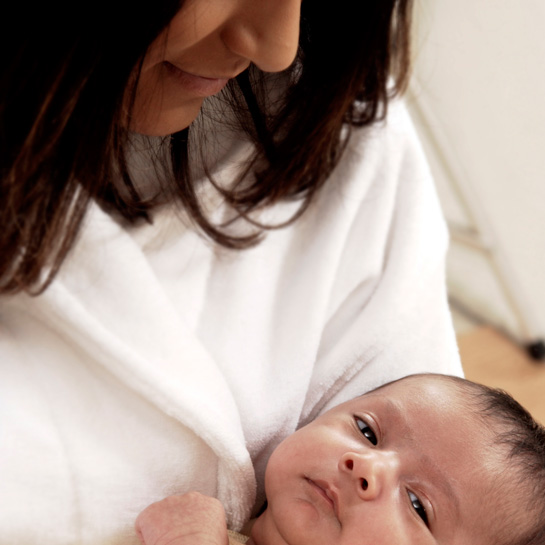
"You lose a lot of modesty!" McAllister says. It's extremely common, for example, for women to vomit or lose bladder or bowel control during labor, and there isn't a thing you can do about it. But, McAllister adds, the surprising thing is you probably just really won't care at that particular time. "In a way," she adds, "it's great training for motherhood, which is lovely and wonderful — and very, very messy."
Image via Stockbyte/Stockbyte/Getty Images
That Isn't All Baby
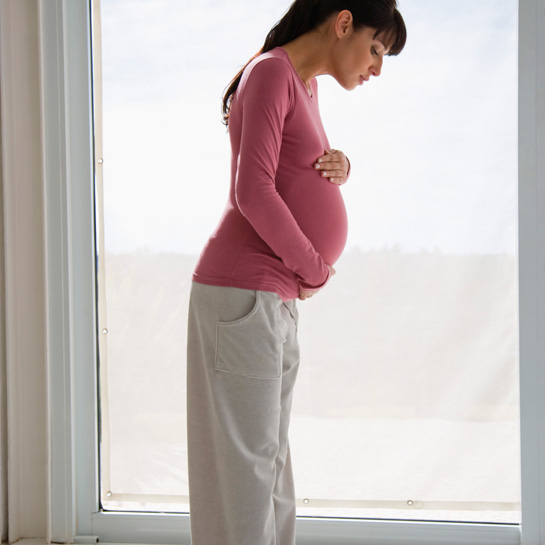
Much of your baby weight is not actually baby, says Willow Jarosh, registered dietitian with Healthy Mama in Woodcliff Lake, N.J. "Your blood volume increases by around 3 1/2 pounds, you gain around 2 pounds of muscle, and the placenta adds around 1 1/2 pounds," she explains. With the massive increase in blood volume, it's no wonder your need for iron — the mineral that helps carry oxygen to all your body's cells — increases, adds Healthy Mama's Stephanie Clarke, registered dietitian. "Your iron needs increase by one-third."
Image via Stockbyte/Stockbyte/Getty Images
Farewell to Bad Hair Days

"I just had a baby, and one of the things that surprised me," says Beth Swanson, a new mom in Miami, "was that you don't lose hair when you're pregnant." Indeed, while you can typically lose up to 100 hairs a day, that's not the case when you've got a baby on board. The additional hormones surging through your body change your hair's cycle, delaying much of the shedding that naturally occurs. Your hair will likely be fuller and more luxurious than ever before.
Image via Stockbyte/Stockbyte/Getty Images
The Cord of Life
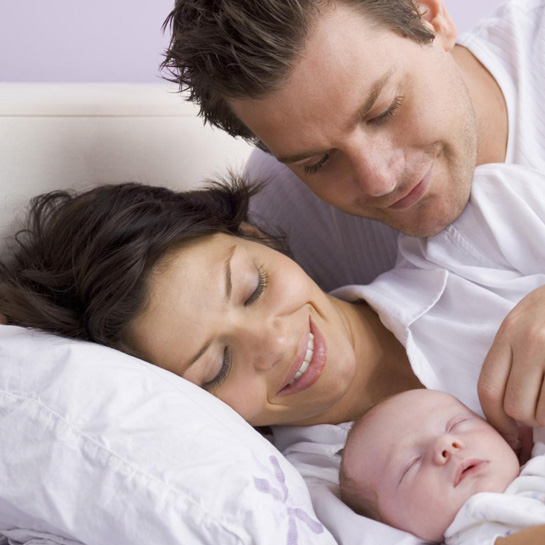
"During my pregnancy, I didn't give much thought to the cord connecting me to my baby," McAllister says. "Yet it's a 100-percent noncontroversial source of stem cells," the body's "master cells" that have the ability to create the various types of cells that make up organs, blood, tissue and immune system. Ask your doctor for information on cord blood preservation before labor and delivery or visit the website Cord Banking Basics to help your family make an informed choice regarding your options: preserving, donating or disposing of the cord blood.
Image via Stockbyte/Stockbyte/Getty Images



